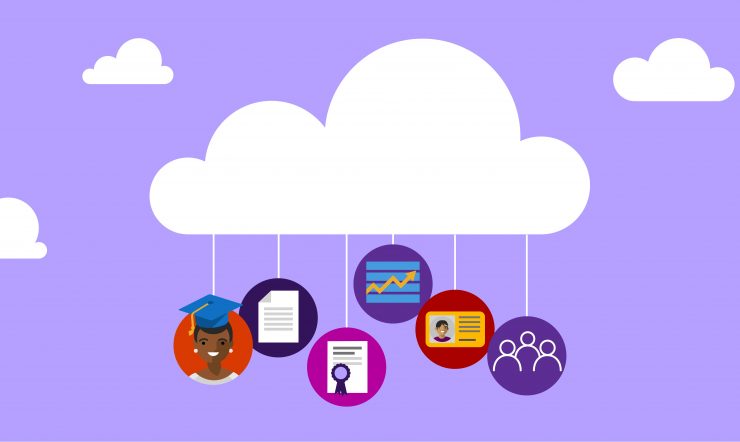With the May 25th 2018 deadline fast approaching, the GDPR is no longer a distant idea, but an imminent change in data protection regulation. It’s also an opportunity to unlock the value of your company data. Those that do it well will gain competitive advantage. Here’s how Dynamics 365 can help.
It’s time to think about the important link between the GDPR (General Data Protection Regulation) and your business applications, as the complex new regulation may require significant changes in how you gather, use and manage personal data within your business applications – often called Enterprise Resource Planning (ERP) and Customer Relationship Management (CRM). An assessment of the set-up of these applications and the surrounding strategy is especially important for organisations when preparing for GDPR compliance.
Microsoft Dynamics 365 is the next generation of intelligent business applications that help manage specific business processes across marketing, sales, service, finance, operations, and talent. These modern and secure applications work seamlessly together to help transform your organisation to meet customer needs and capture new opportunities.
Microsoft designed Dynamics 365 with industry-leading security measures and privacy policies to safeguard your data in the cloud, including the categories of personal data identified by the GDPR. It can help you on your journey to reducing risks and achieving compliance with the GDPR.
Microsoft Dynamics 365 can also assist you in discovering, managing, and protecting your data in the cloud, and compiling the necessary reports and documentation to help meet General Data Protection Regulation (GDPR) compliance requirements.
Microsoft is also investing in additional features and functionality in Dynamics 365 to help organisations with GDPR compliance.
Every journey needs a roadmap. Your roadmap to GDPR compliance begins with focusing on four key steps, and Microsoft Dynamics 365 provides robust tools and solutions for tackling each one.
- Discover—identify what personal data you have and where it resides.
- Manage—govern how personal data is used and accessed.
- Protect—establish security controls to prevent, detect, and respond to vulnerabilities and data breaches.
- Report—execute on data requests, report data breaches, and keep required documentation.
For each of the apps within the Microsoft Dynamics 365 portfolio, we have written a specific GDPR white paper. Each white paper provides an overview of the GDPR and suggests how you might approach enhancing your data protection capabilities, as well as think about complying with the GDPR, as expressed in the four stages – Discover, Manage, Protect and Report. The papers go into specific detail on how Microsoft Dynamics 365 can help address your needs in each of the four stages.






















